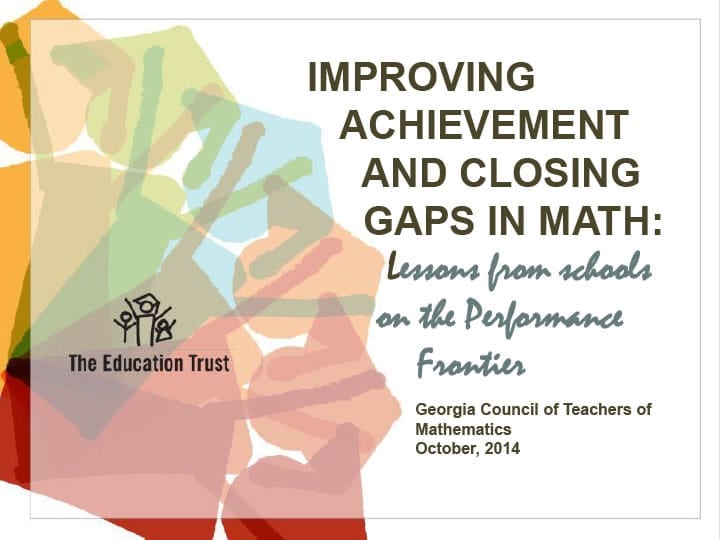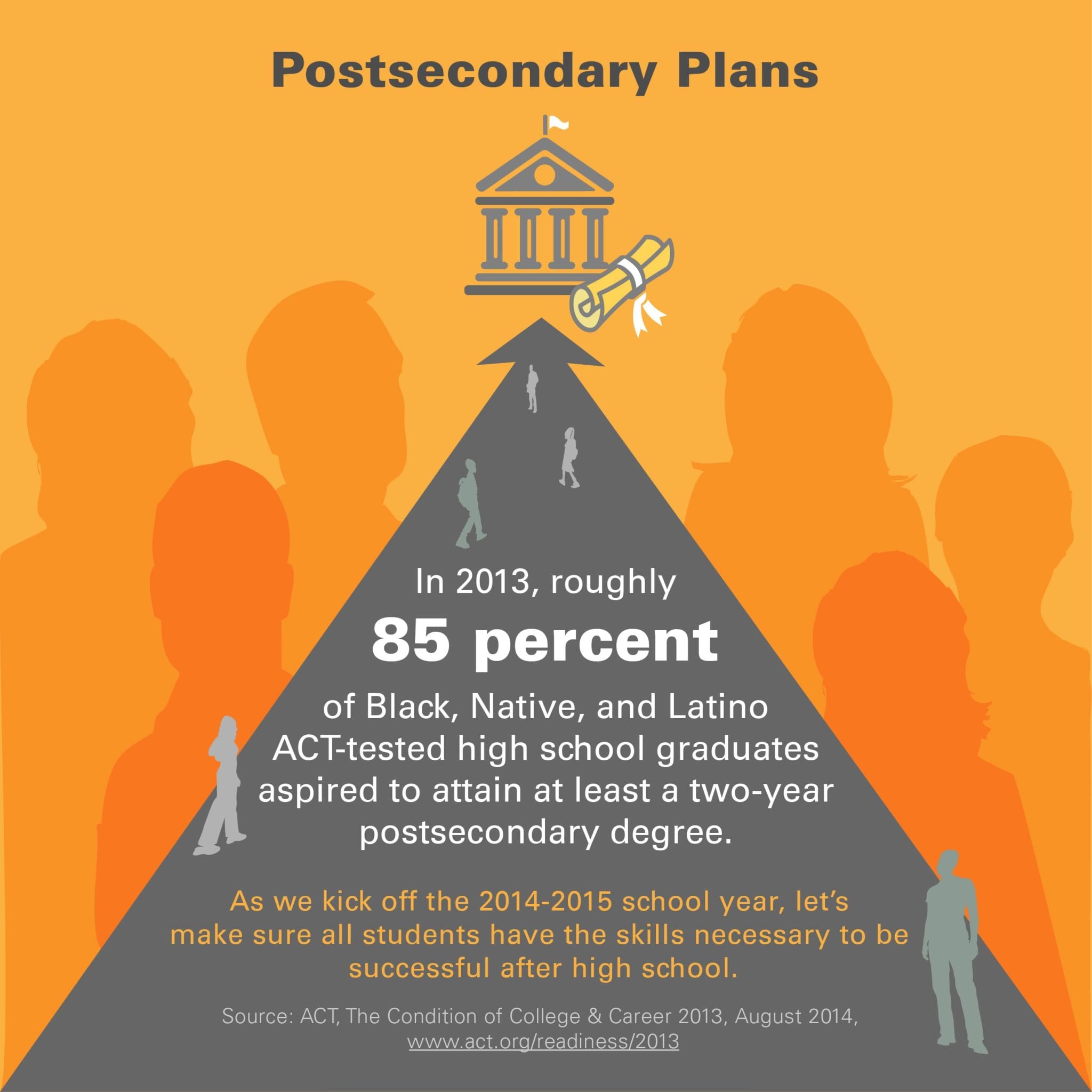The State of Our Union Is Inequitable
UPDATED
Everyone has their wish list item for President Obama’s State of the Union speech tomorrow. But rather than using this platform to discuss the silver bullet du jour in education, we need him to talk about the larger issues that are holding our students back. We don’t need him to spend his time discussing the merits of whether college and career-ready standards, universal pre-K, or some other program is the next ticket to proficiency for every child.
This month, as Thomas Friedman noted, Secretary Arne Duncan gave a speech that raised some pretty fundamental questions about our expectations for children, our culture, and our allocation of resources, particularly our best teachers. But that speech was aimed at parents. It urged them to demand more for their children and expect more out of our system. That’s important. But equally (if not more) important is for the system — states, districts, and schools — to hear that the president and secretary expect more from it.
That shouldn’t be hard. Consider our current system:
- 1 in 3 fourth-grade or eighth-grade students reads at a proficient level.
- 64 percent of Latino students graduate from high school on time.
- 18 percent of fourth-grade, African American students are proficient in math.
- Students at schools that serve large populations of students of color are almost twice as likely to be taught by novice teachers.
- Math classes at schools that serve large populations of low-income students and students of color are also almost twice as likely to be taught by out-of-field teachers.
- Students from high-income families earn bachelor’s degrees at 7 times the rate of students from low-income families.
There’s clearly a lot of room for improvement in this system. The president should point that out (people could use a reality check), but he should really paint a path forward. He can start with some basics: Give kids that show up for school with less — less wealth, less food security, less familial stability — more from their schools. Give them the best teachers, give their schools more funds to address their needs, and give them a demanding curriculum (or at least give them a curriculum that’s as rigorous as what their higher income peers are getting). Encourage these students to pursue Advanced Placement and high-end career programs, and talk to them about college and careers and what it really takes to get there.
Responsibility for fixing the inequities in our current education system lies with a whole host of people, beginning with the president and his administration, but continuing with state policymakers, local district officials, school administrators, teachers, and parents. While local and state leaders may have more ability to implement change, none of them has the bully pulpit available to the president. Tomorrow, the president needs to use that pulpit to encourage, to rally, and to clarify expectations. The American people don’t need to hear about Race to the Top or First in the World, or 50-state strategies. They need to hear that if the state of our nation is going to be strong and competitive, the state of our education system needs to be equitable.












